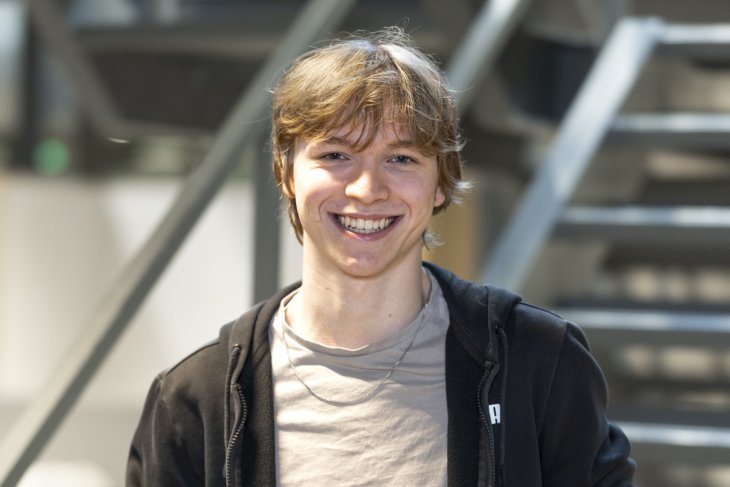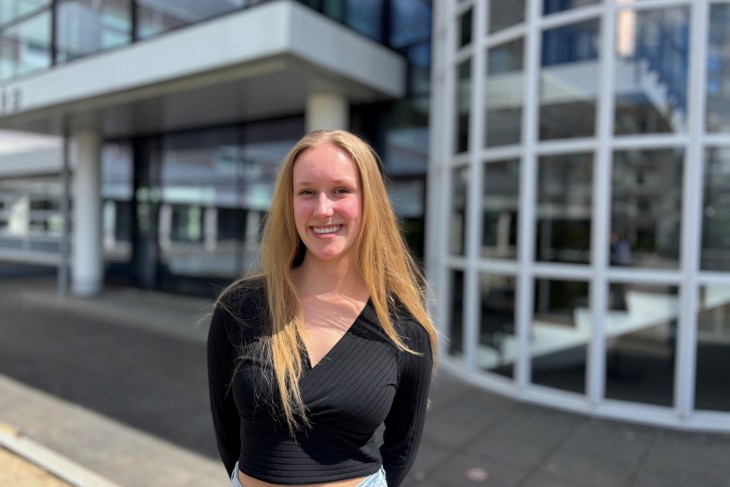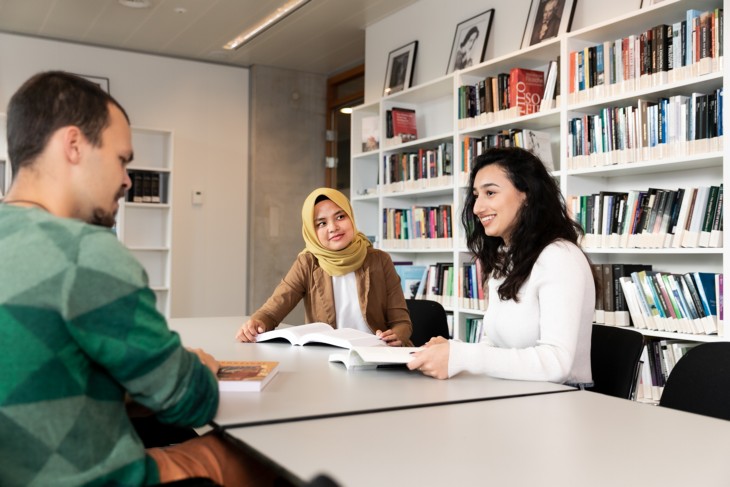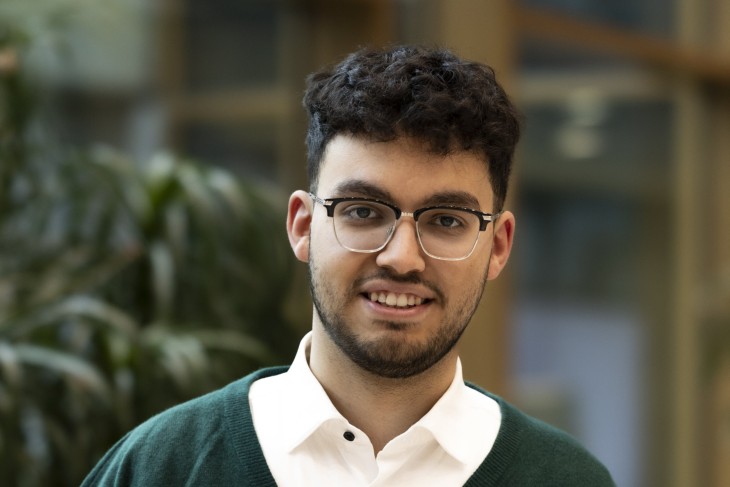“I wasn’t sure what I wanted to study at first. I was into so many subjects: physics, chemistry, and biology, among others. But then I attended an Open Day at the University of Twente. What inspired me was the presentation of one of the professors, who turned out to be the programme’s founder. He was super passionate and knowledgeable, and I got curious about the programme. That’s when I thought — this is for me!
Mechanical Engineering covers a broad range of skills, from building to coding — and I figured it would offer me good career prospects in the long term.
Studying in Amsterdam
You can study Mechanical Engineering at the University of Twente (UT) in Enschede, and you can also choose the joint programme with the Vrije Universiteit (VU) in Amsterdam. That's what I've done. For me, this setup works out great because I live in Amstelveen, and the Amsterdam campus is just a 30-minute drive away. So, I can study close to home while making use of the facilities at the UT campus.
I spend most of the time in Amsterdam and a little bit in Enschede, depending on the courses and projects. For example, in the first semester, we started with an awesome project designing a machine for playing petanque (a game similar to boules), and we spent the first weeks in Amsterdam. Then, around December, when it was time to build the machine, we went to Enschede for a week, where we could stay in lodges near the sports centre. The cool thing is the sense of community there. Even though I often went to bed early, some, if not most, students stayed up late talking and having fun.
Hands-on learning
I like that company visits are part of the curriculum: we visit factories or warehouses in Twente where a company produces a specific product, and they walk us through the whole setup. It’s interesting to see how those machines work in real life compared to just watching slides in lectures.
There is also project work involved. My favourite project so far was designing the machine to play petanque, which I mentioned. The goal was for the machine to throw the boule on its own, with an operator winding and releasing the force. There were certain design restrictions we had to comply with, such as using sheet metal with a maximum thickness of three millimetres. We designed the machine with two legs connected by a rotating bar, which allowed it to aim at various distances. Springs launched the ball forward, which we controlled by pulling and releasing a cart.
Besides basic engineering skills, we learned how to put things together and use different tools. The goal wasn't to make a perfect design — we made ours way too heavy with too much metal. But the learning experience was great. As a future mechanical engineer, I will be designing things and someone else will be building them, and working on this project showed me what goes into actually making something, so I understand what’s realistic for others to build.

Looking ahead
I’m excited about what’s next in the programme. After graduating, I might continue with a master’s, most probably in mechanical engineering. Ideally, when I graduate, I’d help design new products, maybe even something as simple as a better-designed bottle, bringing ideas to life and figuring out what it takes to turn a concept into a finished product.”




